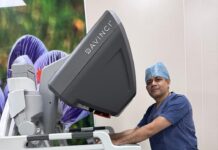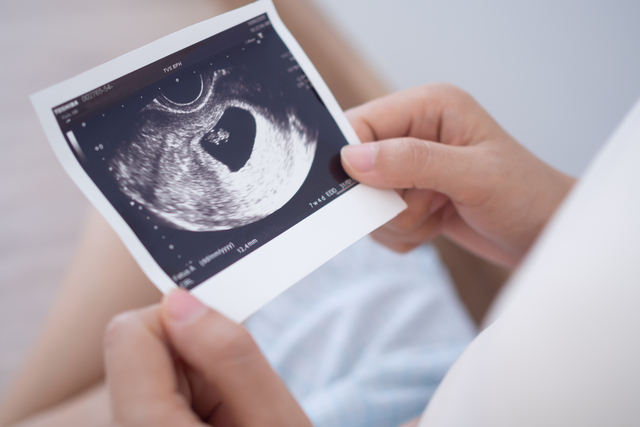A new UK-based clinical trial has shown that artificial intelligence (AI) enhances sonographers detection of fetal abnormalities nearly twice as fast during the standard 20-week pregnancy scan—without sacrificing accuracy.
Streamlining Scans and Improving Patient Care
Led by King’s College London and Guy’s and St Thomas’ NHS Foundation Trust, the trial marks the first real-world use of AI during these routine scans. The study was funded by the National Institute for Health and Care Research (NIHR). It found that AI reduced scan time by over 40%. This gave sonographers more time to support and communicate with expectant parents.
More Reliable Results with Less Disruption
The AI tool captured thousands of fetal measurements automatically—far more than the typical three taken manually—enhancing reliability and consistency. Sonographers no longer needed to pause and save images, which made the scans smoother and less stressful for parents.
Helping Parents Prepare for Complications
Participant Ashleigh Louison’s baby was diagnosed with heart disease during the scan. She said the early diagnosis helped her family prepare for surgery shortly after birth. “If this tech helps even one family, it’s worth it,” she said.
Next Steps: Wider Rollout of AI Tool
Fraiya, an NHS-University spinout company, has now commercialized the tool. As reported by news-medical.net, it aims to make AI-enhanced pregnancy scans more widely available. It was developed with support from The London Institute for Healthcare Engineering (LIHE).
Expert Support for AI Integration
Professor Reza Razavi, senior author, highlighted the potential: “Artificial intelligencecan help clinicians deliver faster, more accurate scans while easing pressure on staff and improving outcomes for mothers and babies.”























